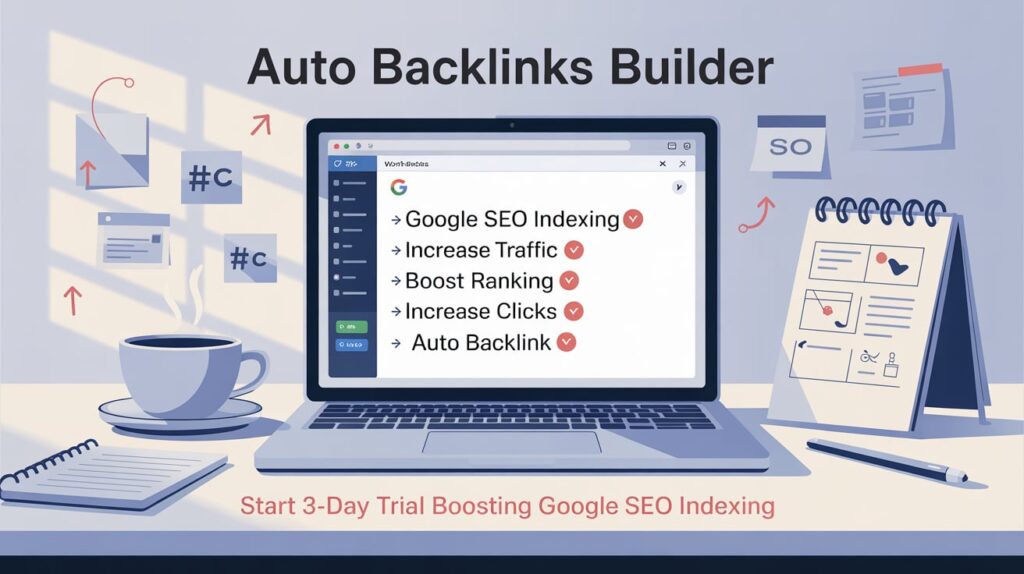BRD Crypto Wallet: Secure Your Digital Assets
Note: This post may contain affiliate links, and we may earn a commission (with No additional cost for you) if you make a purchase via our link. See our disclosure for more info.
BRD (formerly Bread) wallet is a cryptocurrency wallet emphasizing user control and security. Unlike custodial wallets where a third party holds your private keys, BRD empowers users to manage their private keys directly, enhancing financial sovereignty. This self-custody approach provides greater control over your digital assets, allowing you to transact independently without relying on intermediaries. The wallet supports multiple cryptocurrencies, enabling users to manage a diversified portfolio from a single interface. Security features include biometric authentication, adding an extra layer of protection against unauthorized access. While offering significant control and security benefits, self-custody also introduces risks. Losing your private keys means losing access to your funds permanently. There's no central authority to recover your assets if compromised. Therefore, users must prioritize secure key storage and implement robust security practices. The source text highlights the importance of maintaining control of your private keys, emphasizing the potential loss of “crypto freedom” if using a custodial wallet. BRD aims to alleviate this concern by providing a secure and user-friendly self-custody solution. It's crucial to thoroughly research and understand the implications of self-custody before using a wallet like BRD. The example provided focuses on the user's ability to manage multiple currencies and maintain control over their private keys using biometric security. This highlights the key selling point: secure self-custody of cryptocurrency assets. Successfully using BRD requires a good understanding of cryptocurrency security best practices and the responsibility that comes with self-custody.

